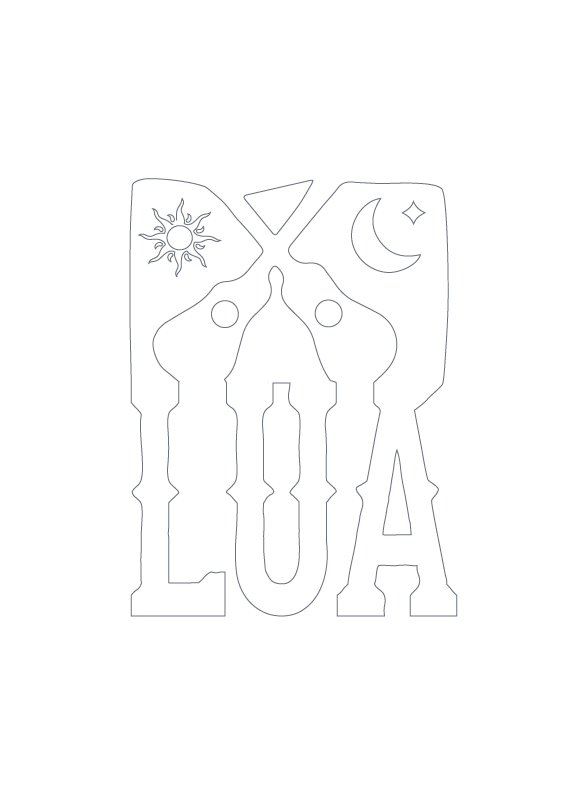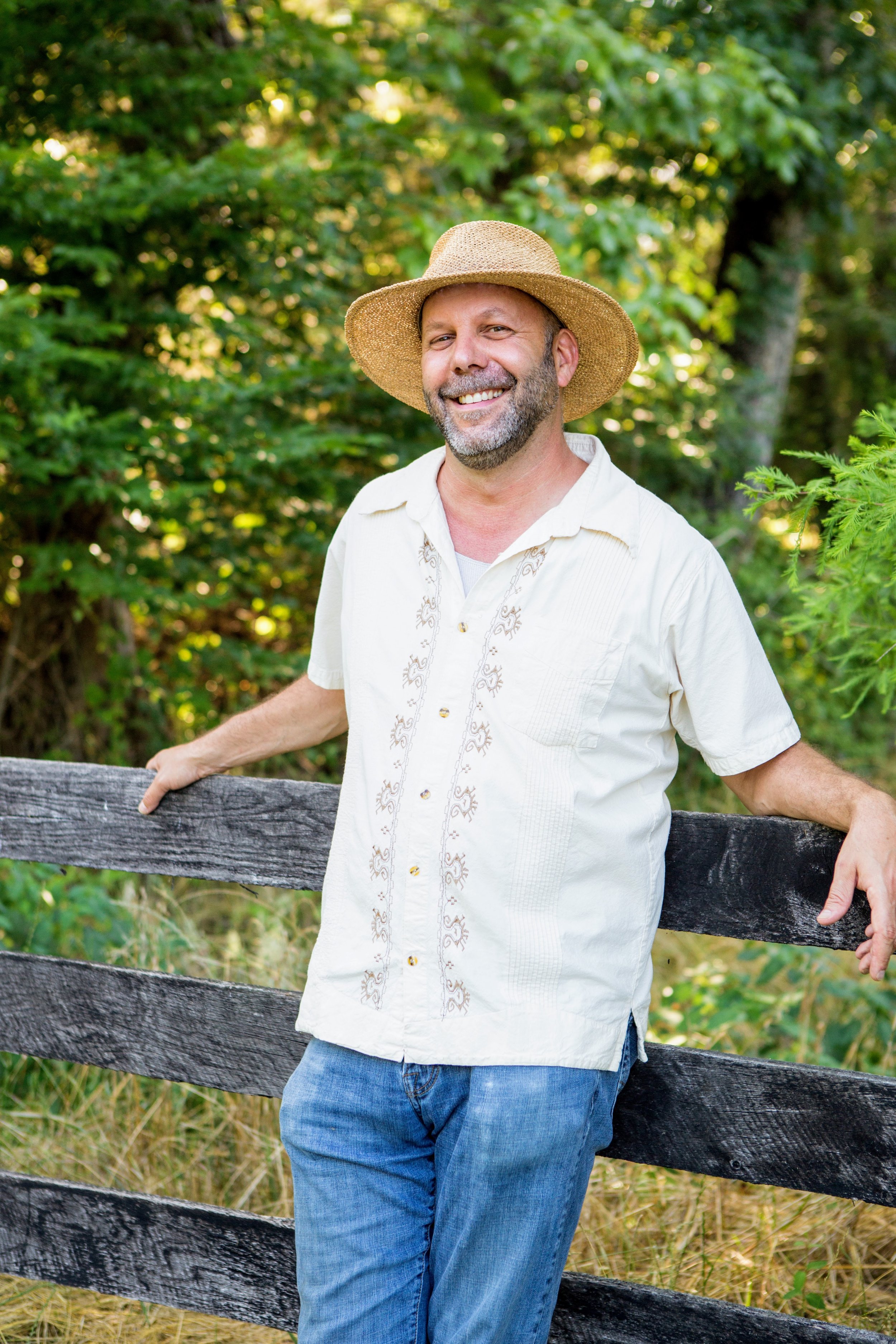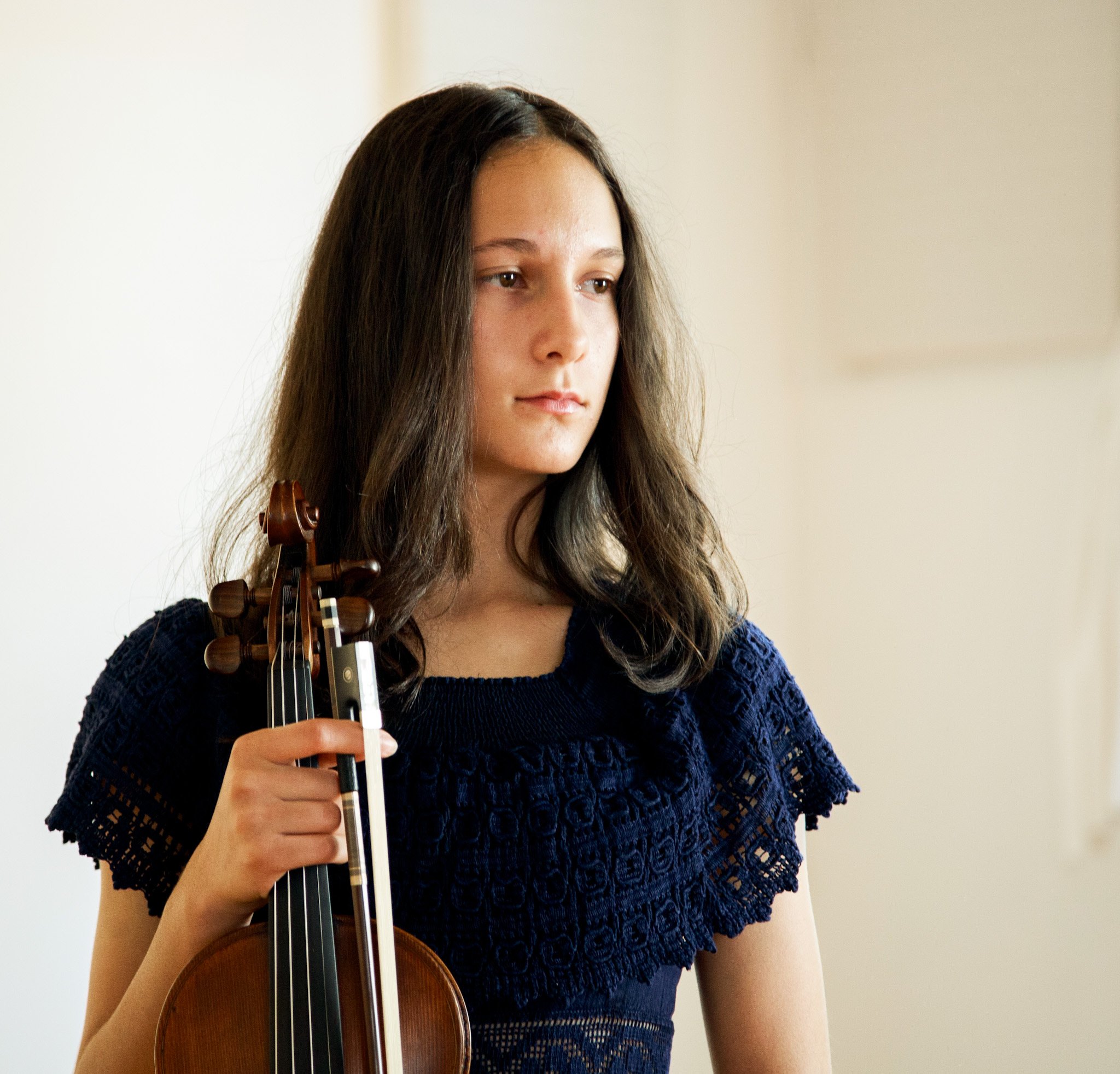
Mexilachian Music:
Is A new style of traditional music inspired by the sounds and sones of
Mexico, Appalachia, and the Atlantic Basin.
“Presenting an unexpected, yet natural combination of rhythms inspired by the sounds of earth and nature, Lua will make you stomp your feet, sing along, and be transported into the musical spirit of Veracruz and the Appalachian region.”
* * * * * * * * * * * *
Lua is a cultural pollinator, bridging together musical styles from different continents and different centuries. They write about contemporary themes, about families, and communities, of work and loss, but draw on the musical traditions of their own cultural past.
The music is inspired by Mexican and Appalachian song forms, Jewish and Eastern European tonalities, baroque melodic ideas, & narrative storytelling approaches. They have created a repertoire that constitutes a new traditional music that is being shared with their children to experience, transform, and pass on.
* * * * * * * * * * * *
“You just have to love the syncretic sounds of Lua, combining the best elements of Mexican and Appalachian music forms into their catalog of original songs. And they play with such joyfulness! Their music performances are wonderful to experience.”
“I would never pass up an opportunity to hear Lua play. With tight rhythms, arrangements, and harmonies, Estela’s voice is singular and soaring, and Dave and the rest of the band never let the groove get off track.”
Estela
Estela Diaz Knott grew up in the Shenandoah Valley, daughter of a Scots-Irish factory worker, and a Mexican mother. Estela’s family has been a beacon for migrant farmworkers and Spanish speaking immigrants for 50 years. As a child she was rooted in the clogging traditions of the Shenandoah Valley, as well as her mother’s musical traditions from the borderlands of Ciudad Juarez, Mexico and El Paso, Texas. As an adult, she has performed widely both throughout Appalachia and California, as well as in Veracruz, Mexico, and Lima, Peru. She studied son jarocho in Veracruz with Pablo Campechano Gorgonio and Zenen Zeferino, with whom she collaborated on the Virginia Humanities sponsored project, Mexilachian Son: New Songs from an Emerging Virginia Culture. She studied cajon with master afro-peruvian percussionist Chebo Ballumbrosio, and was a faculty member of La Tarumba, a circus arts school in Lima, Peru. She is a member of the Virginia Commission for the Arts Touring Artist roster, and has received multiple grant awards from Virginia Humanities.
She has performed and presented at many conferences dedicated to Appalachian and World music, including the National String Band Summit at Eastern Tennessee State University, the Rural Education Center Conference at Virginia Tech, the Berea College Festival of Traditional music, and the SOMOS conference at James Madison University. She has partnered with Dr. Sophia Enriquez to teach several workshops to university music education students on how to incorporate Mexilachian folk music concepts into their classrooms, including the Smithsonian Folkways World Music Pedagogy Course at West Virginia University.
She is also an important community organizer in Central Virginia, collaborating with immigrant advocacy groups, most notably Sin Barreras, to create C’ville Sabroso, a groundbreaking Latin music and dance festival. She has also been the lead organizer of Dia de los Muertos celebrations in Charlottesville, VA, efforts that were recognized when she was brought to James Madison University as a workshop leader for their event, Dialogues with History: Dia de los Muertos.
In 2021, Estela was chosen by the Mexican government as one of 40 Mexican American artists to participate in the 2nd Bi-national Conference for Artists of Mexican Origin based in the United States, in Mexico City.
Dave B
David Berzonsky is an accomplished bassist, composer, and multi-instrumentalist. His original compositions and arrangements are in homage to his Jewish and Appalachian heritage, seeking to re-root old world melodies into the rich rhythmic soil of the New World. He is a member of the Virginia Commision for the Arts Touring Artist roster, and has received multiple grant awards from Virginia Humanities. He is known for his versatility as a bassist, with a range that includes jazz, latin, bossanova, reggae, and Malian traditional music. He has performed at the Kennedy Center Millenium Stage with two groups– acclaimed gypsy jazz ensemble The Olivarez Trio, and with the Malian griot and ngoni master Cheick Hamala Diabate. He has written several Jewish liturgical melodies which have been performed at Congregation Beth Israel in Charlottesville, Va and has performed at Temple Micah in Washington, DC. He is also a passionate and dedicated early childhood and family music instructor, who has taught thousands of families in Charlottesville, Va and Berkeley, Ca.
LUNA
Luna Berzonsky is a talented multi-instrumentalist and graphic artist, who fulfills a number of roles in Lua Project— on percussion, violin, jarana, and vocals. She has performed widely with the group over the past year, charming audiences with her crystalline high harmonies and warm stage presence. She has begun working on her own arrangements and compositions, and collaborates closely with her parents, Estela and David, on many of the songs they compose, especially the Jewish themed pieces.
Christen
Christen Hubbard began playing guitar in middle school and later fell in love with American folk and mountain music, taking up mandolin and eventually fiddle and banjo to explore all the joyful and haunting sounds of old time string band music. For 20 years now, he has enjoyed collaborating with David Berzonsky and Estela Knott, slow-cooking the pan-American sounds that would become the Lua Project. With the Lua Project, Christen has performed or been part of residencies throughout Appalachia, including Mountain Fiesta in Cumberland Gap, TN, Shepherd University in Shepherdstown, WV, Corazon Latino Festival in Johnson City, TN and Intersections: A Workshop on Black and Indigenous Sound in the Early Atlantic World at Christopher Newport University. He is an expert in Appalachian fiddle music, and is in demand as a session and workshop facilitator. He also enjoys teaching string instruments and helping others participate in the folk music tradition.
Matty
Matty Metcalfe is a virtuoso accordionist and multi-instrumentalist whose musical range includes Irish, bluegrass, Klezmer, classical, jazz, pop, and zydeco styles. He is also in demand as a session and touring musician, musical director/arranger for theatrical productions, and pedagogue. He worked for 10 years at the Harvard Divinity School Center for the Study of World Religions, booking and producing performances of spiritual and devotional music from around the world. The diversity of instruments and approaches that he brings to Lua Project illuminate each song and add color to the prismatic blend of tones in the sonic space the group creates.
Sophia
Dr. Sophia M. Enríquez (she/her) works at the intersections of Latino and Appalachian music, migration, and regional culture. She is an Assistant Professor of music at Duke University where she also teaches in the Program for Latino/a Studies in the Global South. Sophia earned her PhD in ethnomusicology at Ohio State University as well as graduate certificates in folklore and Women's, Gender, and Sexuality studies.
Sophia's dissertation titled "Canciones de Los Apalaches: Latinx Music, Migration, and Belonging in Appalachia" is the first full-length study of Latino creative practices in the Appalachian region. She is currently working on a book project that expands this work and shows how long standing narratives of Appalachia as a monolith have obscured the movement of Latino people to and through the region over the past century. She asks how Latino communities in Appalachia have both maintained and re-imagined cultural practices surrounding music, dance, and food in ways that make sense of their political and social circumstances while also expressing a particular relationship to place. Building disciplinary relationships across Latinx studies, Appalachian studies, folklore, and ethnomusicology, Sophia's work sheds light on the complexities of the shifting U.S. cultural landscape in Appalachia and the South and offers new perspectives on Latino community, migration, and belonging through music.
Sophia is passionate about community-engaged scholarship and has worked on a number of public folklore projects across the Appalachian region with the Mid Atlantic Arts Foundation and ONLO (Oral Narratives of Latinos in Ohio) initiative. She is also a practitioner of both Mexican and Appalachian folk musics. Sophia has performed as part of a female folk trio, the Good Time Girls, in Columbus, Ohio, and regularly performs with the Lua Project, a Mexican-Appalachian fusion band in Charlottesville, Virginia. She also recently co-founded Son de Carolina, a Durham, NC-based collective dedicated to the study of the Mexican folk music tradition son jarocho, with Alexandra Landeros.
Many thanks to so many people who have helped along our path.
Thanks to Gabe Swinney of Swinney Photography for the beautiful photo of the southern Shenandoah Mountains.






